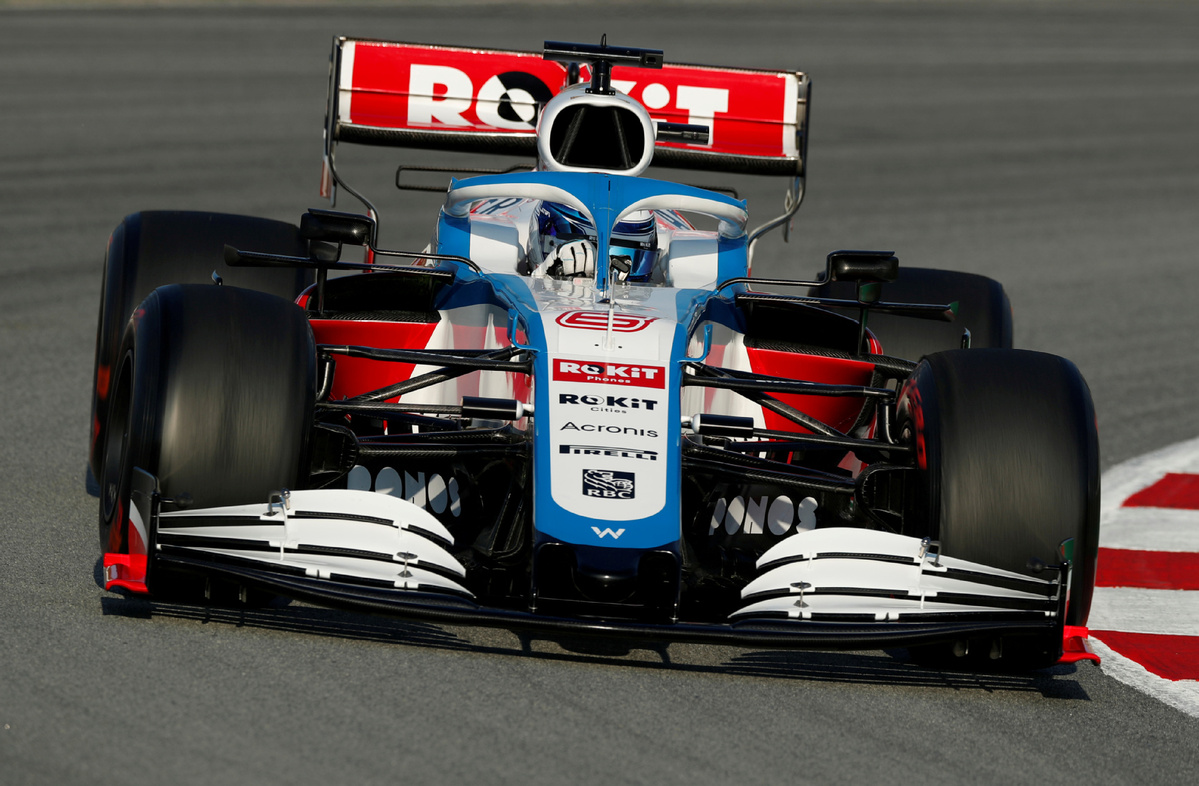Formula One unveils eight-race schedule in Europe from July 5
 0 Comment(s)
0 Comment(s) Print
Print E-mail China Daily, June 3, 2020
E-mail China Daily, June 3, 2020

The curtailed Formula One season will start with two races behind closed doors in Austria on July 5 and July 12 followed by six other grands prix in Europe, the organisers said on Tuesday.
Formula One said it hoped to have between 15 and 18 races in total, with the season being completed in December.
The F1 season was thrown into chaos with the cancellation of the traditional curtain-raising Australian Grand Prix in March only hours before practice was due to begin as the coronavirus pandemic spread across the world.
Last week, the Austrian government sanctioned the season-opening double-header at the Spielberg circuit after F1 organisers "presented a complete and professional plan" to combat the COVID-19 outbreak.
The Hungarian Grand Prix will be brought forward to July 19 before a two-week break, followed by consecutive races in Britain and events in Spain, Italy and Belgium. All will likely be run without spectators while participants must adhere to strict safety protocols.
Regular health tests will be conducted with the number of team members and race staff at the venue also reduced.
"While we currently expect the season to commence without fans at our races we hope that over the coming months the situation will allow us to welcome them back once it is safe to do," said F1 chief executive Chase Carey.
"But we know the return of Formula 1 will be a welcome boost to sports fans around the world."
F1 managing director Ross Brawn last month said the Red Bull Ring circuit's remote location made it a "logical" choice to stage the season's first two races.
Revised F1 calendar:
July 3-5: Austrian Grand Prix (Spielberg)
July 10-12: Styrian Grand Prix (Spielberg)
July 17-19: Hungarian Grand Prix (Budapest)
July 31-August 2: British Grand Prix (Silverstone)
August 7-9: 70th Anniversary Grand Prix (Silverstone)
August 14-16: Spanish Grand Prix (Barcelona)
August 28-30: Belgian Grand Prix (Spa-Francorchamps)
September 4-6: Italian Grand Prix (Monza)





